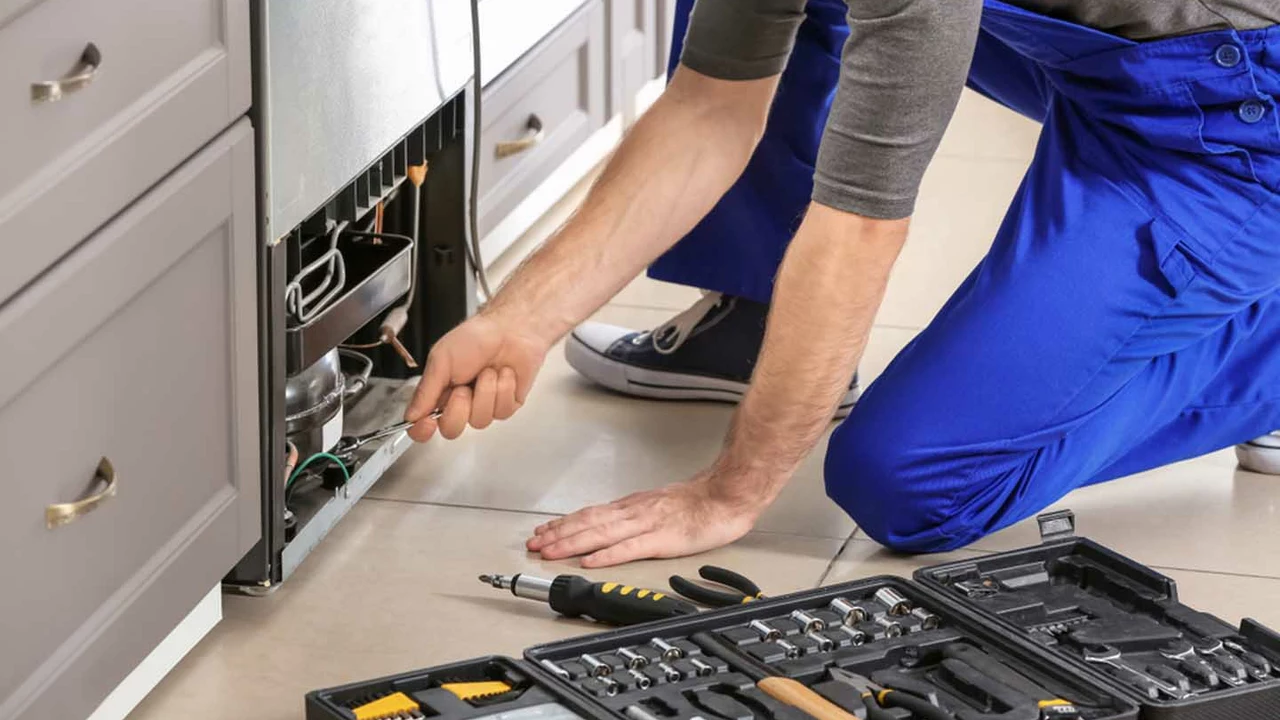
Understanding the Lifespan of Home Appliances
So, you know those moments when you're sitting back in your comfy armchair, quietly reading a book while your son Tobias plays with his toys, and out of the blue your refrigerator decides it's a good time to croak? That isn't a hypothetical question. It really happened to me last week. And boy, I tell you, it's not a fun experience to have all your ice cream melt. Especially on a summer day in Charlottetown! That got me thinking about the lifespan of our home appliances.
Each major home appliance is like a supporting character in the plotline of our lives. They have their moments to shine, and they have their bad days too. And just like us, they don't last forever. Refrigerators, for instance, last an average of 13 years, while washing machines and dryers are expected to go beyon this world within a decade. By understanding the expected lifespan of your home appliances, you can better predict when they might start to wobble, and by wobble, I mean to irritate you with their surprise breakdowns. Now you're one step ahead!
To Repair or Replace: Weighing the Costs
Let's imagine a scenario, you're halfway through your favorite cooking show and poof! Your television decides to go on strike. You're left with a black screen and a perplexing decision to make. Is it time to replace it or can it still be saved via the magic hands of a repairman? First things first, it's always crucial to make a cost-benefit analysis. I know that sounds a bit too official for a household dilemma, but trust me, your wallet will thank you later.
Here's a tip to get you started. Typically, if an appliance is older than half its life expectancy and the cost of the repair is more than half the cost of a new one, it's better to replace it. If only I knew this when my 7-year-old microwave started acting up. Guess who chose to repair it not once, not twice, but thrice? Yep, that's me, your friendly neighbourhood Daxton. What can I say? I'm a sucker for old things. Save yourself from similar microwave-related heartaches with this rule of thumb.
Energy Efficiency: More Than Just a Buzzword
You've probably seen those trendy energy star labels on brand-new appliances, all shiny and promising of reduced electricity bills. But guess what? They aren't just marketing gimmicks to lure you into buying new stuff. Boy, energy efficiency is a game-changer, trust me.
A newer, more energy-efficient appliance might cost more upfront but can save you a heap in energy costs in the long run. Old appliances are notorious energy hogs. When my outdated deep freezer finally bit the dust, I switched to a modern energy-efficient model. Let's just say, my electricity bill and I are now on speaking terms again. Who wouldn't like to reduce their carbon footprint and save money at the same time? It's a win-win!
Appearances Matter Too: Because We All Love a Pretty Kitchen
Ever held a dinner party where your outdated toaster became the talk of the evening? I have, and let me tell you, it was not because it was a model of efficiency. Instead, it was because it looked like a relic from an 80's movie set. Appearances do matter and sometimes outdated appliances can be an eyesore. It's hilarious on one hand, but not quite so when you're striving for a sleek, modern kitchen.
If you're in the process of a kitchen renovation or you simply want your appliances to match your newly installed cabinets, replacing them might be a better option. After all, we do spend a considerable amount of our lives in the kitchen. Why not make it a place that brings a smile to your face every time you walk in?
Home is where the heart is, and our hearts often lie with our well-oiled, efficient, and let's not forget, aesthetically pleasing home appliances. So whether it's a question of replacing your outdated washing machine, or summoning the repairman one last time for your noisy refrigerator, remember to keep the balance between cost, energy efficiency, and visual appeal. And for crying out loud, save the ice cream!

Write a comment